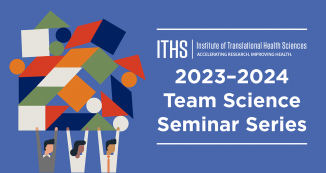
08 Nov Recognizing and Managing Conflict in Academic Research
Conflict in the workplace is inevitable. While you can try to avoid it (not recommended), you cannot escape it. The ability to recognize conflict, understand the underlying emotions and causes, and swiftly and justly address it will serve you well throughout your research career.
In this article, Dr. Sara Kim, an expert on conflict resolution and communication, outlines four tips to help you effectively manage conflicts in an academic research environment.
-
A successful conflict dialogue begins with thoughtful preparation.
Preparation is essential. It’s better to not have the conversation than walk into it unprepared. The only thing we have control over is what we are going to say and what we want to achieve.
Begin by identifying a clear goal for the conversation. That goal has to be grounded in improvement of something, e.g. a relationship, communication, workflow, or clarifying expectations, and must be steered in a positive direction.
-
Encourage open dialogue by using statements like “Tell me more…” and “I am curious…” to elicit others’ perspectives.
Open dialogue requires a commitment to remain curious to the other person’s story. One way to do that is to pose questions. “Tell me more….I wonder…I’m curious…” I try to keep these questions at the tip of my tongue. If you start a sentence with “I’m curious…”, you’re less likely to make any diagnostic statements.
-
Sharing one’s own perspectives should be grounded in facts (or observable behaviors) and not in interpretations.
Once you’ve heard their side, give the other person the benefit of hearing your own perspective. Tell your story through facts and how the other person’s actions and intentions impacted you. The conditional statement is that all of this must be done respectfully. You need to intentionally choose words that signal respect and empathy. That can be challenging.
-
Being an effective conflict dialoguer requires an ability to engage in self-reflection, practice, and daily commitment to respectful interactions with others.
To continue building your conflict negotiation skills, learn your communication style. Tools like the Myers –Brigg Type Indication (MBTI) and the Thomas-Kilmann Conflict Mode Instrument (TKI) can be enormously helpful. Both tools have free online tools and tests, as well as more extensive training and modules.







